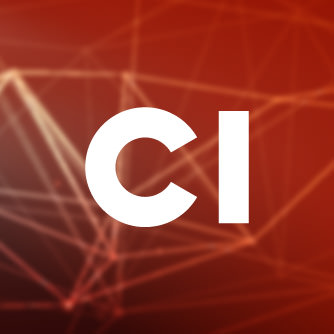Credits
- MOOC coordinators Manuel Gértrudix Barrio & Rubén Arcos Martín
- Content written by Ileana Surdu
- Multimedia design by Alejandro Carbonell Alcocer
- Visual Identity by Juan Romero Luis
Identifying and avoiding logical fallacies
Evidence, judgement, and logical reasoning
Logical fallacies are errors in logical reasoning. They can either be formal – when arguments are presented in an incorrect form, and just become nonsense, or informal – when the content of the arguments is incorrect (Ferrer, D. 2019). A discourse may encounter a series of informal fallacies, which communicators must be able to both identify (in communications) and avoid (in their communications):
- Ad hominem fallacy (lat: against the man) - using personal attack-language on the basis of personal aspects (e.g. gender, physical aspect, ethnicity etc.);
- Strawman argument - attacking an imaginary position;
- Appeal to ignorance (argumentum ad ignorantiam) – supporting exclusive claims with the same argument;
- False dilemma/ false dichotomy – considering only two options out of many possibilities;
- Slippery slope – using unlikely extreme future outcomes as argument for a present activity;
- Circular argument (petitio principii) – repeating an already assumed argument;
- Hasty generalization – general statement in lack of sufficient evidence;
- Red herring fallacy – distracting from the argument with an apparent relevant emotion;
- Tu quoque/ you too fallacy – turning the attention on others;
- Causal fallacy – using logical breakdowns for identifying a cause;
- Fallacy of sunk costs – continuing an activity because of the past efforts put into it, without analyzing future costs;
- Appeal to authority (argumentum ad verecundiam) – misusing authority;
- Equivocation (ambiguity) – using deliberately confusing elements;
- Appeal to pity (argumentum ad misericordiam) – appealing to compassion, even if not relevant to the argument;
- Bandwagon fallacy – accepting an argument because others agree with it. (Ferrer, D. 2019)
Methodology and Resources
- Ferrer, D. (01 August, 2019). 15 Logical Fallacies you should know before getting into a debate. Available at: Thes best schools
- Source: Propaganda critic







